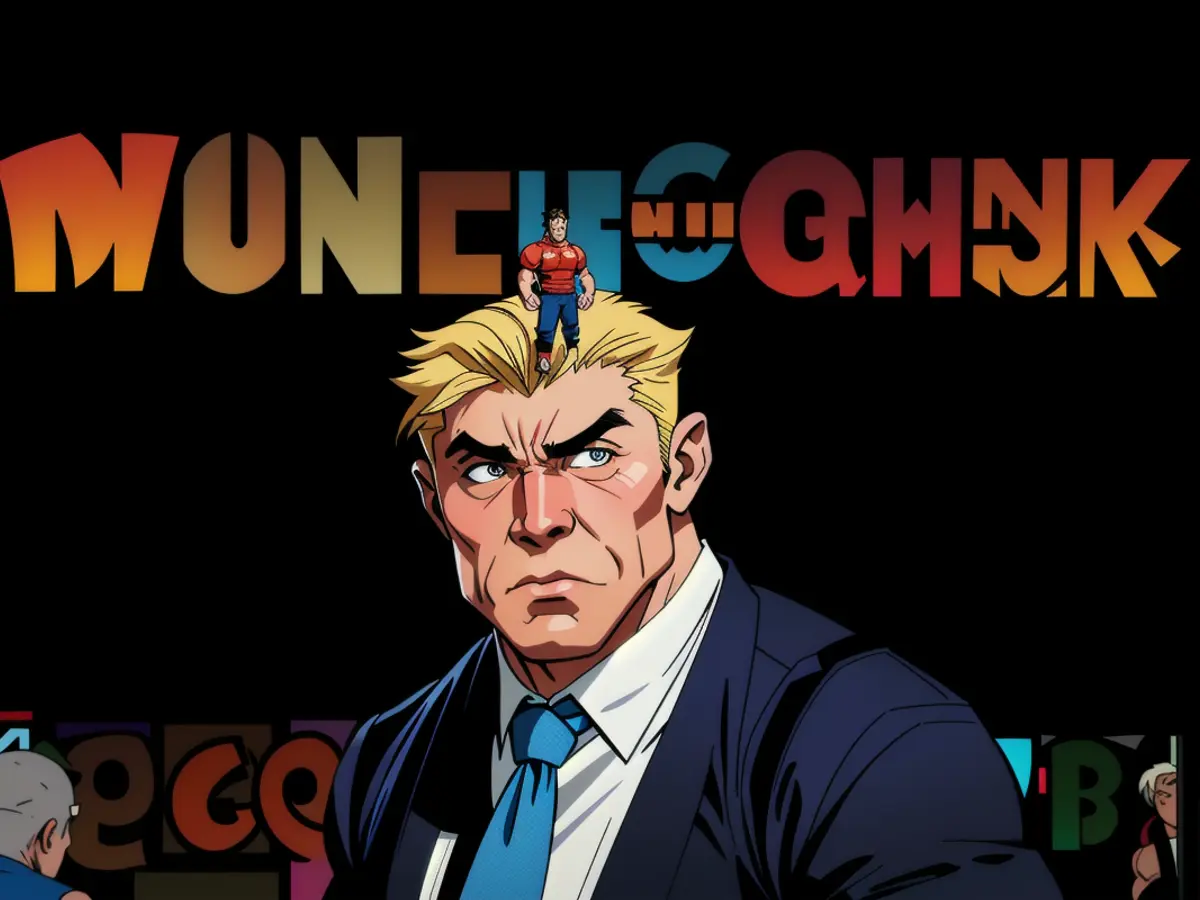Cryptocurrency Enthusiasts Disappointed: Trump's Promised "Freedom for Ross" on First Day Fails to Materialize
Bitcoin enthusiasts, who eagerly anticipated "Free Ross Day One" during Donald Trump's presidential campaign, were left feeling let down as January 20th, Inauguration Day, passed without any actions taken on the incarceration of Silk Road founder, Ross Ulbricht. The disillusionment extended beyond Ulbricht's supporters into the larger cryptocurrency community, seeking immediate action on Bitcoin policy.
Enthusiasm for "Free Ross" Fades
At the Libertarian National Convention in May 2024, Trump pledged to "commute Ross Ulbricht's sentence on Day One." Recent updates from Ulbricht's family on their @Free_Ross social media account suggested that Ulbricht would be released in January, without specifying an exact date. However, prominent figures like Bitcoin advocate Jack Mallers continued to advocate for an immediate "Day One" release, which failed to materialize on the inauguration day.
Mixed Reactions to Trump's Speech
Trump's promise to free Ulbricht was part of his contentious appearance before the Libertarian National Convention, during which he aimed to appeal to libertarian voters by pledging criminal justice reform and crypto-friendly policies. The overall reception to his speech was divided, with cheers from the audience waving "Free Ross" signs, but also sustained boos and jeers.
Ulbricht's Story: From Silk Road to Prison
Ulbricht, now 40, was convicted in 2015 on charges such as distributing narcotics, engaging in a crime enterprise, computer hacking conspiracy, and money laundering. The case has become synonymous with government overreach and a significant moment in Bitcoin history for some, while prosecutors highlighted Silk Road's involvement in millions of illegal transactions and deaths due to drug overdoses.
The Wait Continues
Neither Trump nor the U.S. Attorney for the Southern District of New York took any action on the case during inauguration day, leaving supporters disappointed. Despite the passing of January 20th, the family's timeline for Ulbricht's release has not yet expired, offering a sliver of hope to his most ardent supporters.
The unfulfilled Day One promises reflect the intricate political dilemmas surrounding Ulbricht's case and cryptocurrency policies, underscoring the importance of these issues in Trump's broader presidential ambitions. Despite a promising start, questions persist regarding the timing of Trump's commitments to the Bitcoin and libertarian communities' expectations.
Shift Towards Digital Advocacy
In response to the lack of immediate action, Bitcoin advocates and Ulbricht's supporters turned to digital platforms, Utilizing social media and online petitions to rally support for their cause. They urged the use of digital assets, such as Bitcoin, to fund campaigns and promote the cause globally.
Digital Assets for Social Change
Significantly, Bitcoin and other digital assets became a powerful tool for advocacy, enabling supporters to donate funds seamlessly and anonymously, bypassing traditional financial institutions. This wave of digital advocacy not only bolstered the Ulbricht movement but also highlighted the potential of digital assets in driving social change.





